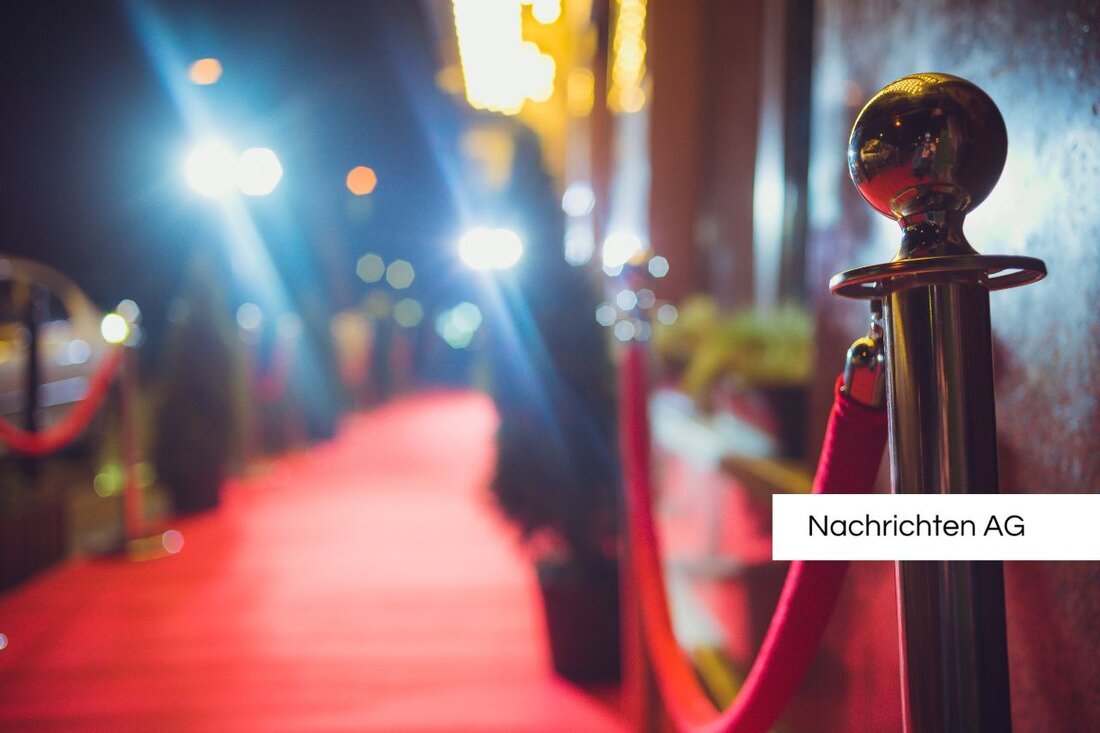Leipzig's coffee culture: enjoyment between tradition and modern diversity
Leipzig celebrates coffee enjoyment and culinary diversity: tradition meets modernity in historic and new cafés.

Leipzig's coffee culture: enjoyment between tradition and modern diversity
Leipzig, the city of delights, invites you to delve into its culinary diversity. Historic coffee houses, modern gourmet places and a lively gastronomy scene characterize the cityscape and conjure up a gastronomic experience that combines both tradition and modernity. The roots of coffee enjoyment in Leipzig can be traced back to the 18th century, and Johann Sebastian Bach also dedicated his famous coffee cantata (BWV 211) OTS.at to coffee culture.
A particularly remarkable jewel of the city is the “Arabische Coffe Baum”, the oldest continuously operating coffee house in Germany since 1711. Located in the heart of the old town, it not only offers aromatic coffee specialties, but also a fascinating tour through the history of coffee. The topics of the visit range from the coffee house regulations of the 18th century to the coffee crisis in the GDR, which provides insights into the colonial interconnections of coffee cultivation and global trade relations City History Museum Leipzig.
A look at historical coffee culture
Over the centuries, the “Coffe Baum” has also hosted many prominent guests such as Goethe, Napoleon and Bill Clinton. But that's not all. The coffee house has served as a meeting place for artists and thinkers over the years, when it became home to an artists' café during the GDR era. The 16 historical rooms invite anyone interested to go on a discovery tour - an exciting journey into the past City History Museum Leipzig.
The introduction of coffee to Germany in the 17th century began in the port cities of Bremen and Hamburg and was to have a lasting impact on society. Originally reserved only for wealthy circles, it quickly developed into a popular drink. Coffeehouses became places of cultural exchange, attracting intellectuals, artists and business people. They also played a not insignificant role in political discussions, especially at the time of the March Revolution in 1848 Coffee Institute.
Coffeehouse culture in transition
In addition to the “Coffe Baum”, there are numerous other coffee houses in Leipzig that offer an experience for young and old. The Café Riquet impresses with its Art Nouveau facade and specialties such as “Elefantenkaffee” and “Leipziger Lerche”. The Viennese-style Café Grundmann and the Café Kandler with a view of St. Thomas Church are also popular places for coffee lovers. Modern roasters such as Elstermühle and Franz Morish bring a breath of fresh air to the coffee scene, while the Café Schwimm und Schwebe present an exciting mix of coffee craftsmanship and art OTS.at.
In addition, Leipzig's gastronomy scene is enriched by innovative restaurants that value sustainability and regionality. From fine dining in the Panorama Tower to the organic Macis organic restaurant to modern plant-based cuisine - everyone gets their money's worth here. Cafés like Kater, Le Caphe and Dankbar Kaffee invite you to unwind with a cup of specialty coffee.
Leipzig knows how to combine its culinary heritage with fresh ideas and thus establish itself as a place that both looks to the past and looks curiously into the future. A place where coffee enjoyment becomes a living history and every visit becomes a new experience.

 Suche
Suche
 Mein Konto
Mein Konto